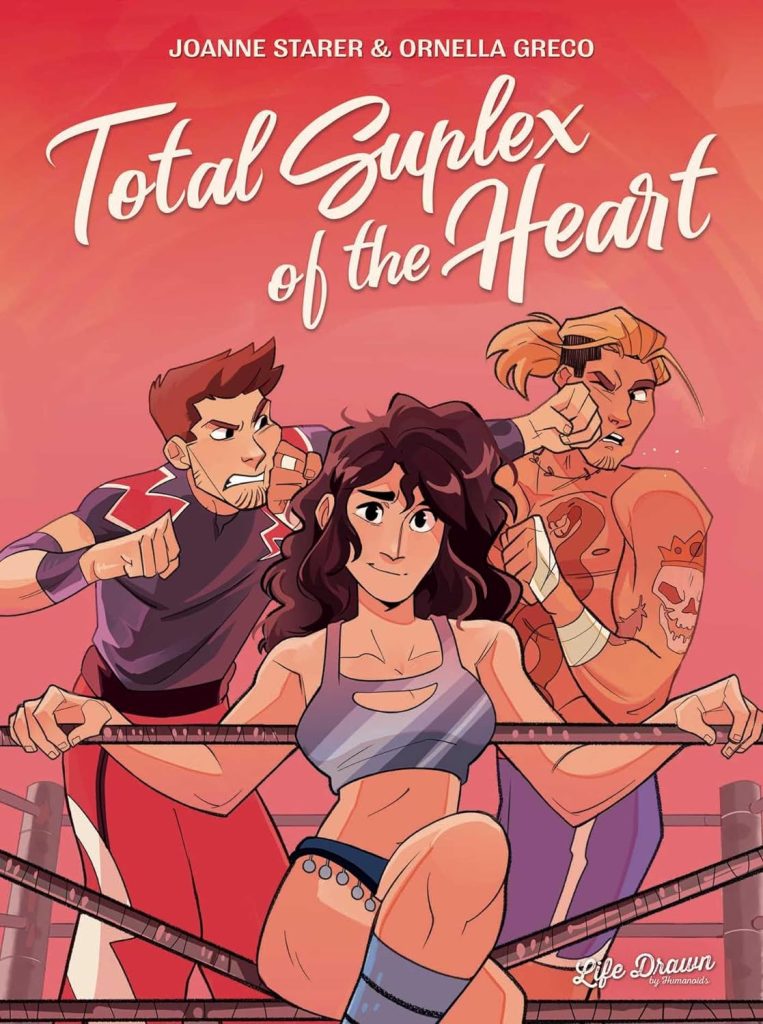Review by Frank Plowright
Anyone who’s not a wrestling fan might not know a suplex is a signature move where opponents are slammed to the canvas on their back, and that becomes an accurate representation of this good natured comedy drama starring a newcomer to the world of wrestling. Don’t be put off if you’re not a wrestling fan, because that’s just the colourful background over which Georgie’s life unfolds.
Georgie drifts through life, writing articles for websites paying nothing when she chances across a wrestling feed. She keeps herself fit, so figures joining the local circuit will provide the best means of immersing herself for an article. She undergoes a rapid learning curve. People have different attitudes, and there’s no pretence or pretensions among the performers. They know what the crowd want, and are happy enough to provide it, but are under no illusions about longevity, one wrestler noting that even if she makes it big, she’ll be discarded by the time she’s thirty.
With the wrestling and all that goes on around it, Joanne Starer could have taken the easy route and let that dominate, but she has a fuller drama in mind. Total Suplex of the Heart is bolstered by flashbacks to Georgie’s youth living with an abusive and domineering mother who’s left her with issues, and enabling connections to be made between past and present. There’s an also a sexual honesty about Georgie that’s refreshing and Starer characterises the supporting cast with equal care, ensuring they’re understood and either sympathetic or not.
Ornella Greco’s cartooning delivers the people and their world charmingly without ever slipping into the objectification that’s wrestling’s stock in trade. She also manages some hilarious moments without distracting too much. A brief consideration of pregnancy is a top scene.
Starer takes an unconventional approach to time, jumping forward several months more than once, and from midway Total Suplex of the Heart turns into a different story. Georgie herself reflects on how safe and suburban her life has become, and without the wrestling as a constant background something is lost. Georgie’s still very likeable, but much of what’s shown page by page would be a film’s montage scene.
It’s only at the end that Starer’s afterword reveals that much of what has been read is based on her own experiences, especially the scenes leading up to the final pages, although not everything is taken from her own life. It explains why the story doesn’t provide narrative satisfaction. Her life veered off course as well.
A lesser second half doesn’t match the first, but Total Suplex of the Heart always remains readable, and the personality of the cartooning is wonderful.





